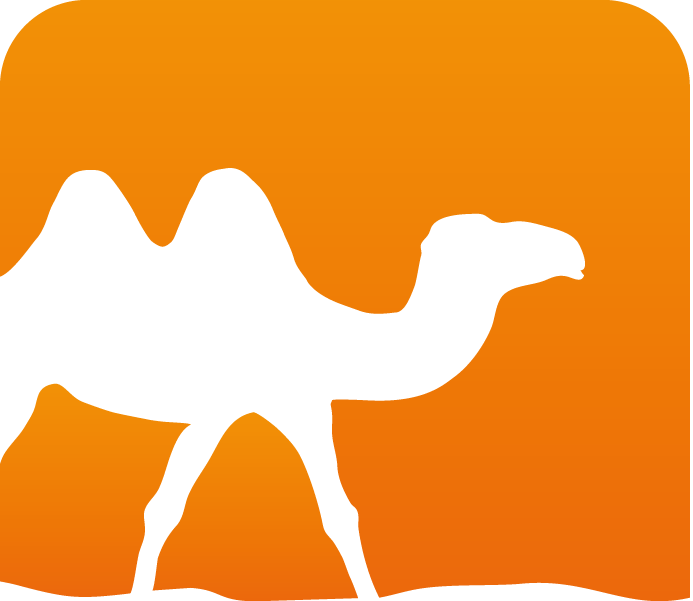Welcome!
OCamlverse is an effort to document everything worth knowing about OCaml, an industrial-strength functional programming language.
- Community
- Quickstart
- Learning
- Frequently asked questions
- Best Practices
- Windows Support
- Ecosystem
- Future of OCaml
- Help Wanted: list of projects that could use assistance.
- Compiler
- Interesting Videos
- Google Summer of Code
About OCamlverse
OCamlverse is intended to be a fast-moving web site that’s easy to contribute to. We maintain the site on GitHub and treat it almost like a Wiki.
Contributing
We depend on the OCaml community’s help to make OCamlverse better. Please contribute! You can:
- Suggest improvements!
- Edit the site and submit a Pull Request!
- After building up a history of PRs maintaining the site, you can ask to join the team and help maintain the site (use an Issue).
Note: It is important to read our Contribution Guidelines. They explain the rules for contributing to OCamlverse and how to be a good contributor.
(We use the terrific ahrefs service to crawl and check our site.)
Running OCamlverse Locally
OCamlverse is built with Jekyll, a popular static site generator that originally powered GitHub Pages.
If you want to run OCamlverse (e.g. to preview some changes you’ve made) all you need to do is:
- Install Ruby (Jekyll is written in Ruby)
- Run the following shell commands in OCamlverse’s source folder:
$ bundle
$ bundle exec jekyll serve
At this point you can point your browser to http://127.0.0.1:4000 and view the locally running site.
Note: If you are using Ruby version 3 or above, you will need to add the webrick gem to the Gemfile prior to running bundle install.
License
All content here is licensed under the CC0 (“No Rights Reserved”) license.
